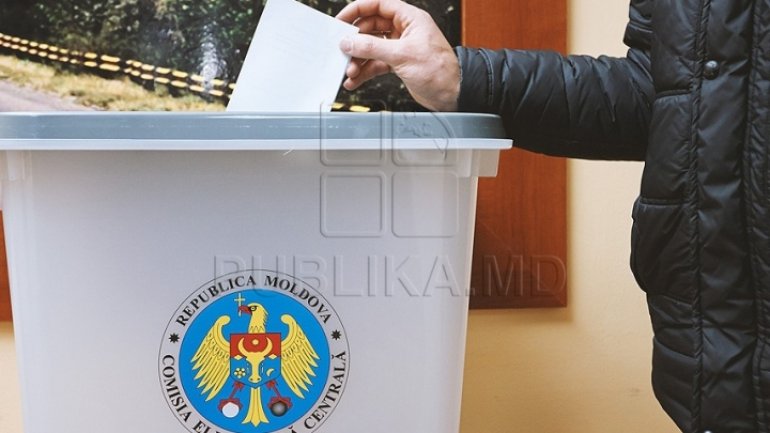'Voter must not be underestimated.' Changing electoral system: pros and cons
 foto: Publika.md
foto: Publika.md
If the majority electoral system is implemented, when MPs are elected in uninominal constituencies, serious inequity will be witnessed as more than half of the voters risk not being represented in Parliament.
This will affect the legitimacy of the legislative forum, Andrei Nastase, leader of the Political Party “Dignity and Truth Platform ”, said in the international conference “Replacement of the electoral system: Pros and Cons” that was staged in Chisinau on April 8.
On the other hand, Speaker of Parliament Andrian Candu, deputy chairman of the Democratic Party of Moldova, which proposed introducing the uninominal voting system, said there is no perfect and universal electoral system that can applied in all the states. The advantage of the uninominal system is that it is simple, imposes social control and implies mechanisms for penalizing those who received the people’s vote, but didn’t deliver their promises, IPN reports.
Andrian Candu and Andrei Nastase spoke within the panel discussion “Electoral system of Moldova: current situation”. Andrian Candu said the majority electoral system is the simplest existing one. As regards the concerns about voter corruption in the uninominal voting system, formulated by society, the Speaker said the voters should not be underestimated.
Practice shows that namely the uninominal voting system enables the best candidates, who really deserve to represent the voters, to enter Parliament. Another strong point of this voting system is that it will enable both the diaspora and those from the left side of the Nistru to be represented in Parliament.
For his part, Andrei Nastase said the bill proposed by the Democrats is based on unconstitutional provisions, with the ‘recalling of the elected official’ being one of these. “This initiative actually envisions the return to the Soviet practice of imperative mandate, where the elected official becomes an instrument in the hands of those who hold political power, while the risk of dismissal limits the independence of the mandate of MP,” he stated, noting that such practices are not used in democratic states.
Andrei Nastase also said that in the current conditions, with a large diaspora and with the Transnistrian conflict unsettled, only the current party-list proportional representation electoral system can ensure equitable representation of the political will of the Moldovans. If the uninominal voting system is introduced, the role of political parties will be weakened.
“There is no genuine democracy in the absence of powerful parties with well-defined doctrines that promote particular values, views and national projects, while the system proposed by Plahotniuc will transform the democratic political pluralism into oligarchic monopartitism built on manipulations, as it happened in Georgia,” he stated.
The international conference “Replacement of the electoral system: Pros and Cons” was organized by the Kondrad-Adenauer Stiftung and Friedrich-Ebert Stiftung Moldova in partnership with the Association for Participatory Democracy ADEPT and the Institute for Development and Social Initiative “Viitorul”.
- Uninominal voting, sustained by Association of Ukrainian youth from Moldova: Citizens to have more rights
- Ethnic communities in Moldova SUSTAIN uninominal voting system: It promotes equality and justice
- UNINOMINAL VOTING: Advantages, citizens' expectations and criteria of setting up constituencies
- Andrian Candu: Changing electoral system -- first step towards settling Transnistrian conflict
- Uninominal voting offers best competing conditions in parliamentary plebiscites
- Nastase gets slammed after calling local officials 'local barons'